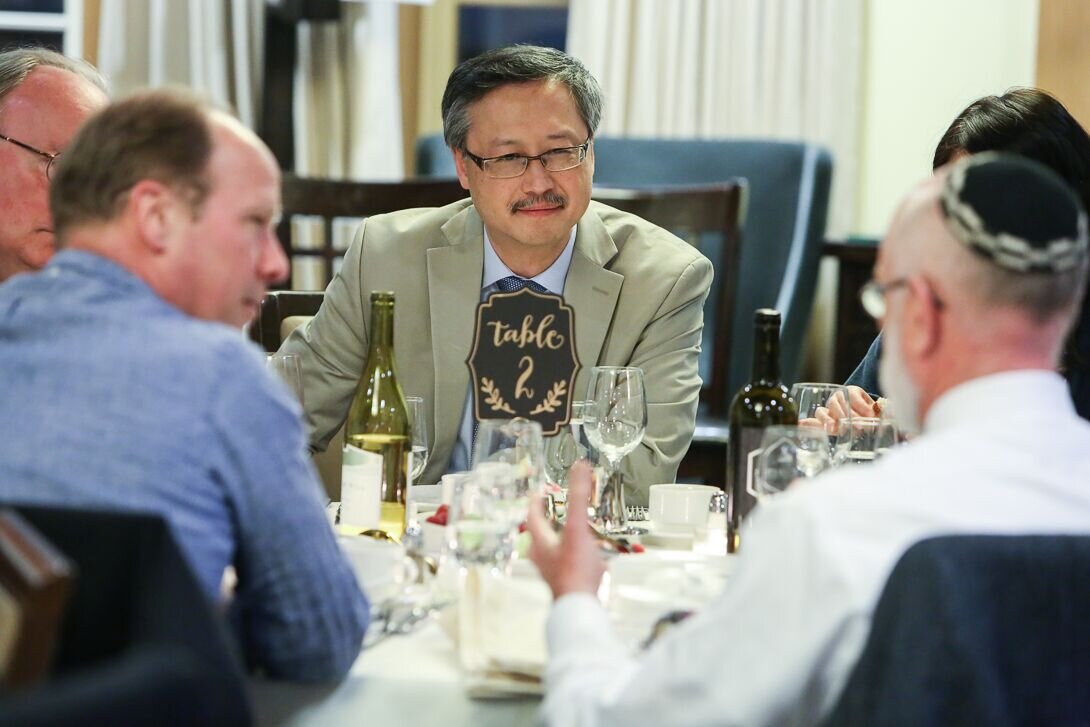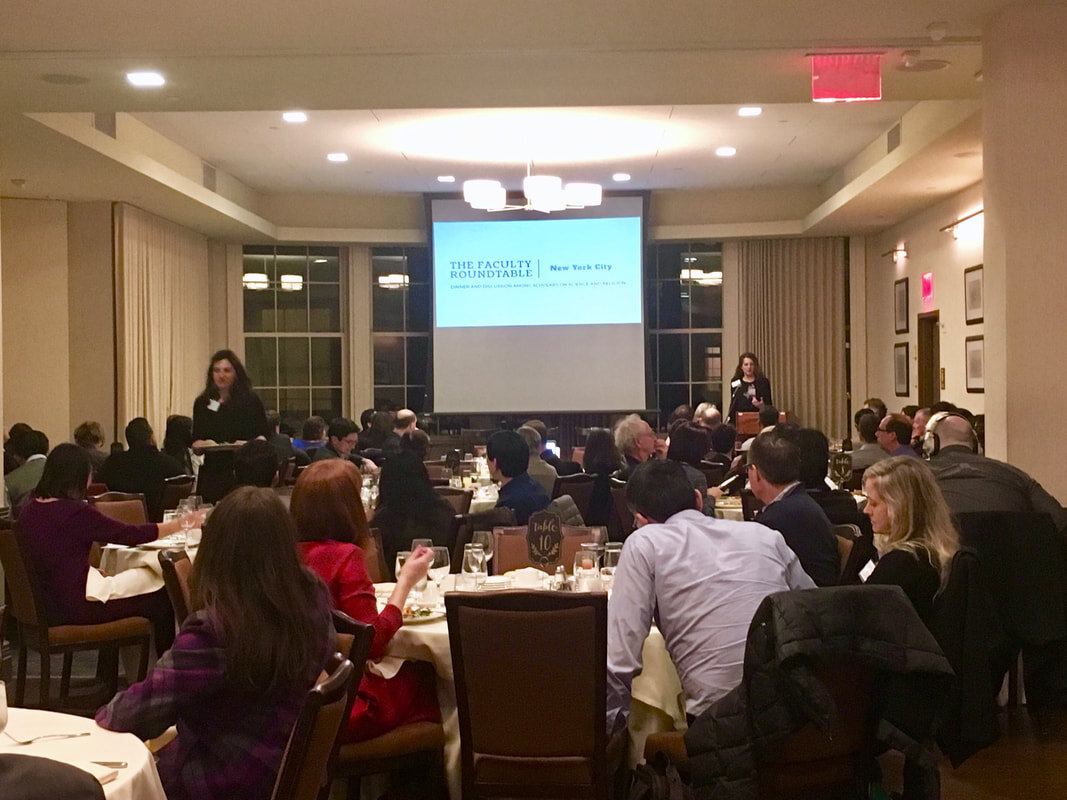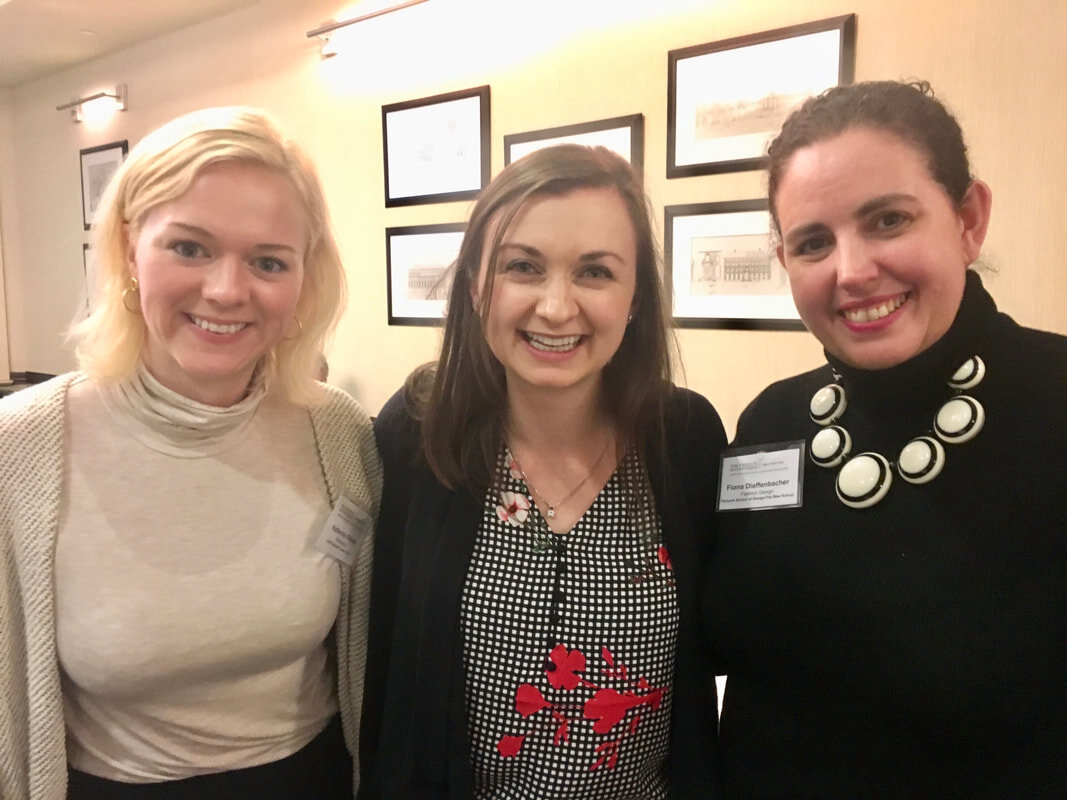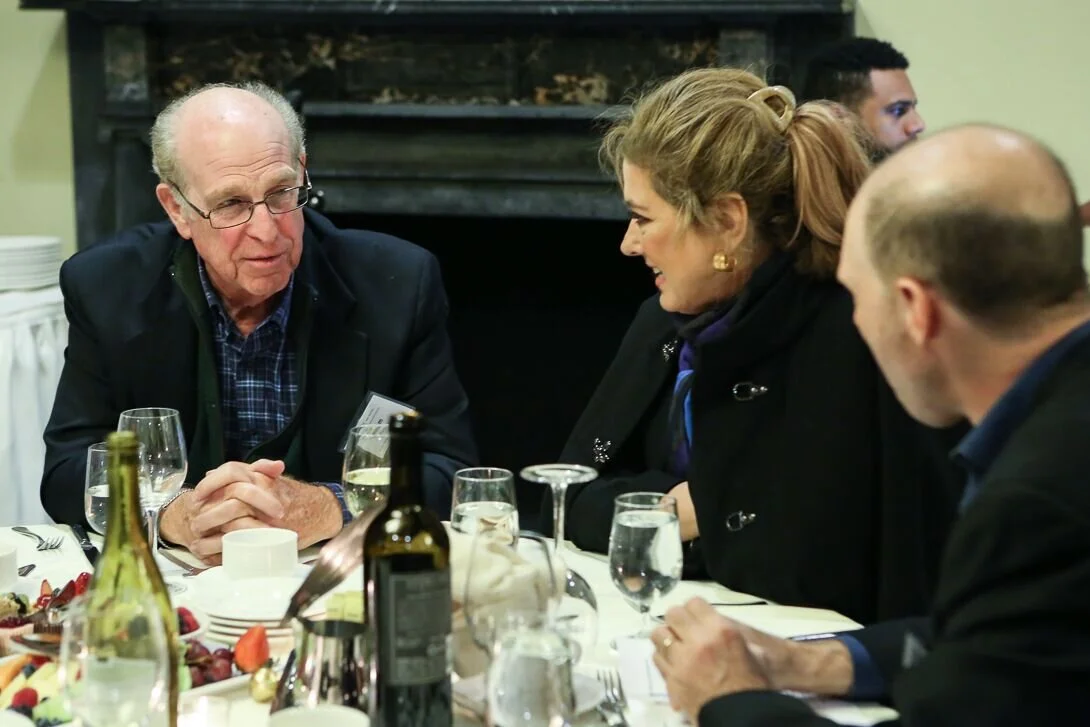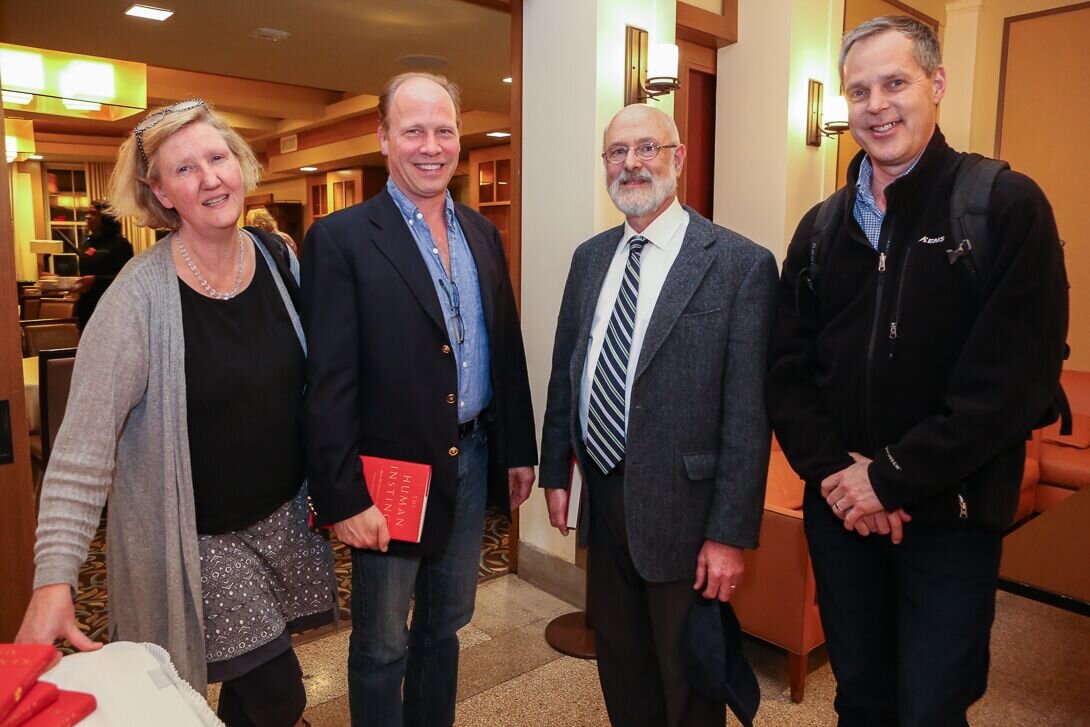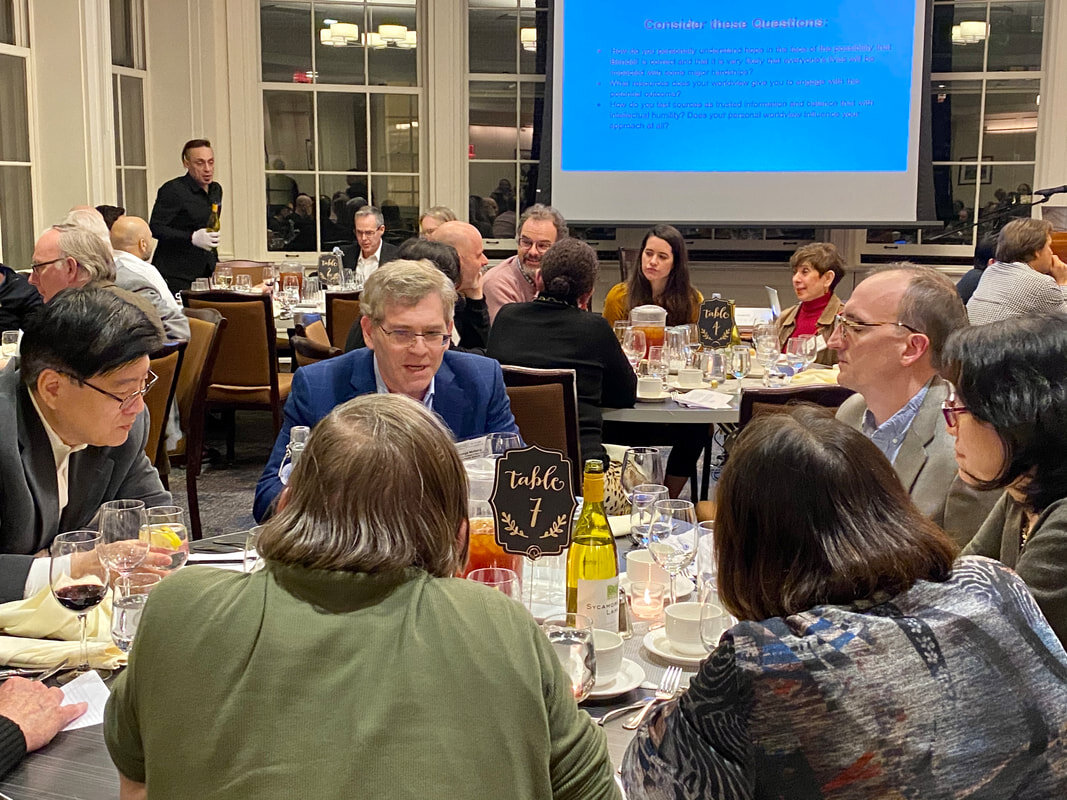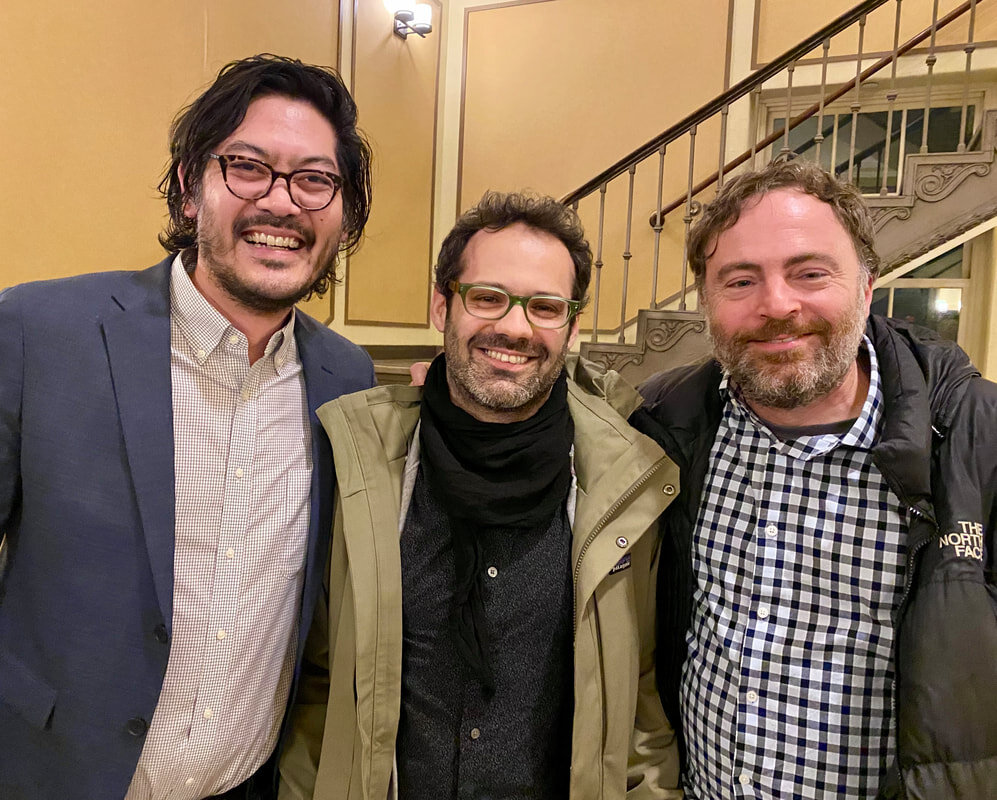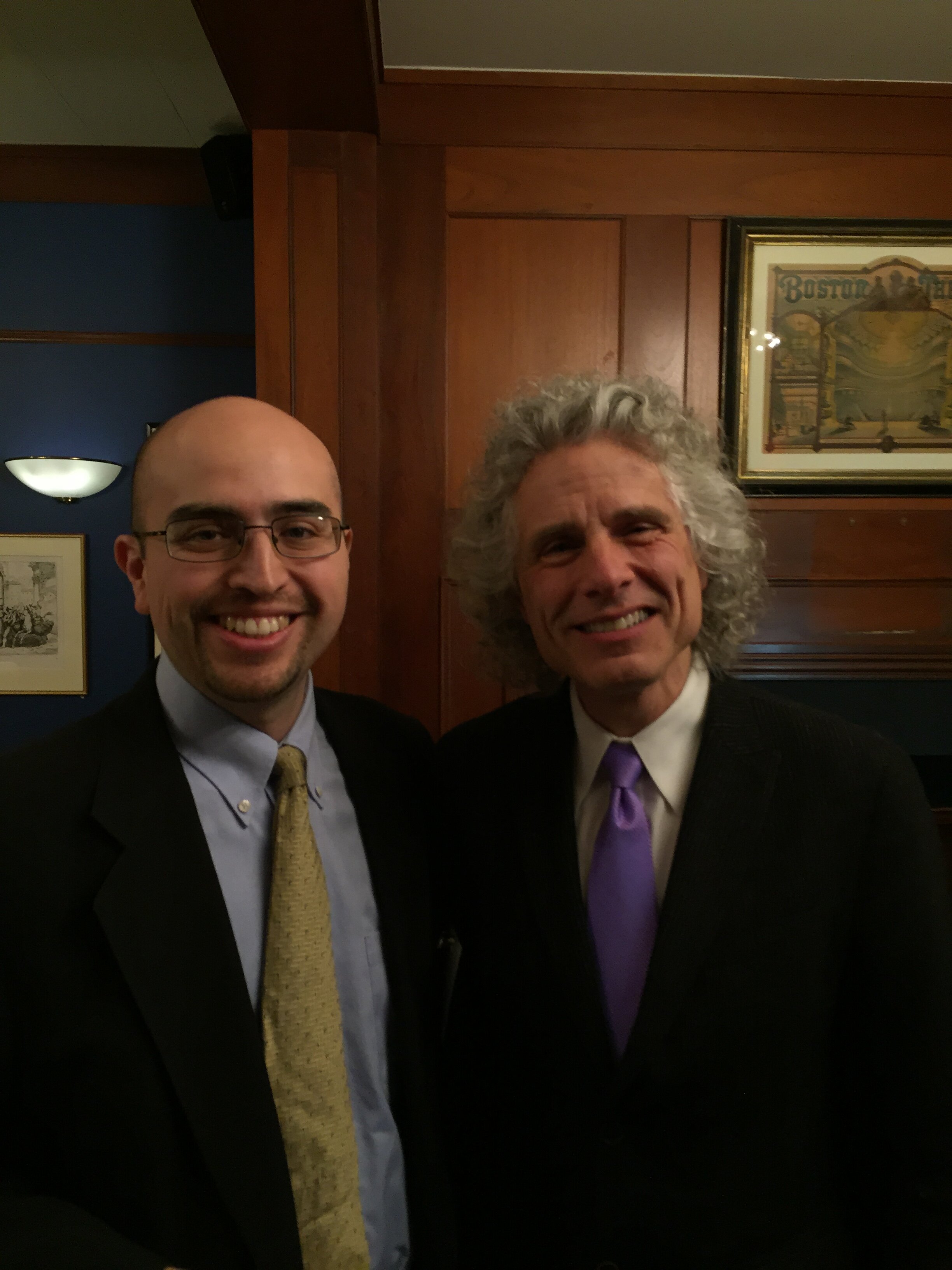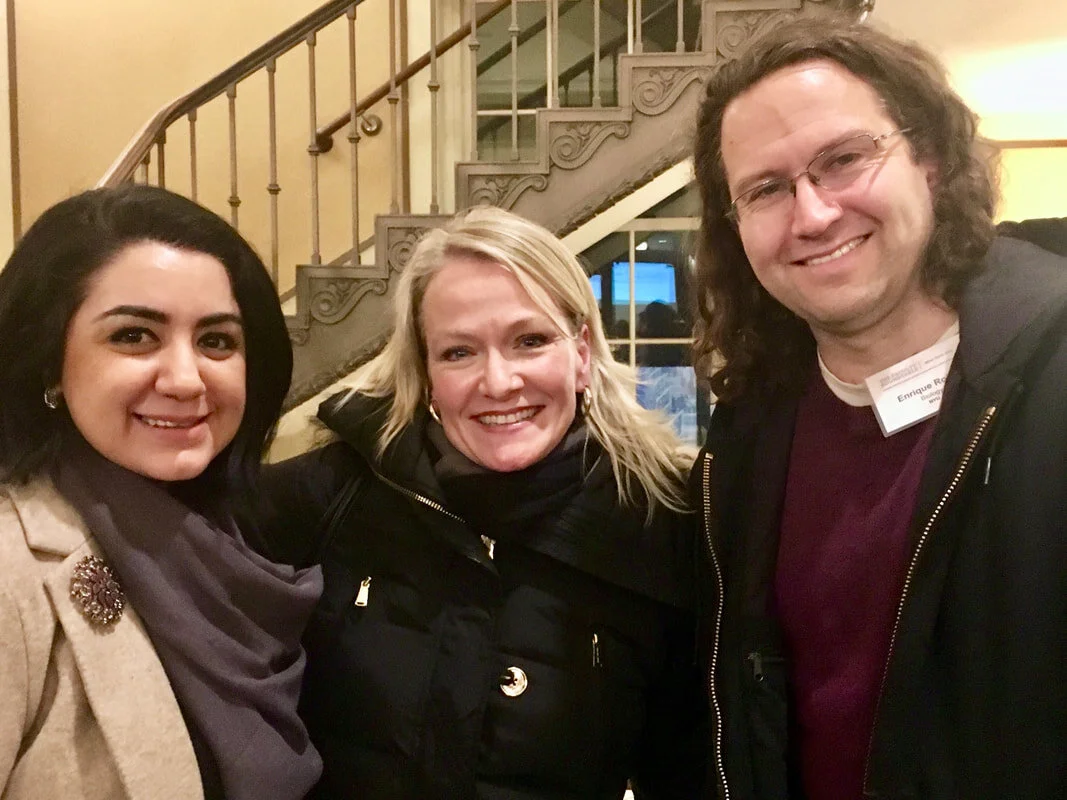What is the Faculty Roundtable?
Faculty Roundtables began in 2002 and have since hosted thousands of faculty members at Harvard, MIT, Yale, Brown, and other universities. The Faculty Roundtable at Northwestern launched in July 2020 with presentations given by Dartmouth’s Marcelo Gleiser (Physics & Astronomy) and MIT's Cullen Buie (Mechanical Engineering).
The goal of a Roundtable is to foster cross-disciplinary community and dialogue among faculty that explores the intersection of current scholarship with various ethical, worldview, and religious or non-religious perspectives. The former Dean of Harvard College, Harry Lewis, commented that Roundtables are “the kind of night that should be the norm in academia — serious conversation among smart people about contested issues, with pretty much everyone who spoke and counter-spoke both witty and civil.” Hopefully, these interactions will spark innovative new approaches to a diverse set of academic and personal questions. Ideally, conversations begun at Faculty Roundtable dinners will continue in classrooms, seminars, discussion groups, coffee shops, and in every corner of Evanston and beyond.
Roundtables are typically in-person events at a university faculty club or analogous venue. The event includes dinner, wine, dessert, and discussion after brief remarks from our presenters. At the close of our evening, we include time for questions and comments directed to each other and to our presenters.
However, to practice social distancing, Roundtables will be virtual until it is safe to meet in person again. One positive aspect of going virtual is the opportunity to engage in discussions with faculty at some or all of our partner Roundtable sites (e.g. all 8 Ivy League schools plus MIT, U Chicago, Northwestern, Duke, and Amherst). When it is safe to do so, we hope to host in-person Faculty Roundtables at Northwestern’s Allen Center or a similar venue.
Faculty Roundtables are made possible by a grant from the John Templeton Foundation, a philanthropic catalyst for discoveries related to the big questions of human purpose and ultimate reality. Additional funding has been provided by generous scholars and donors invested in the intersection of science and faith.

